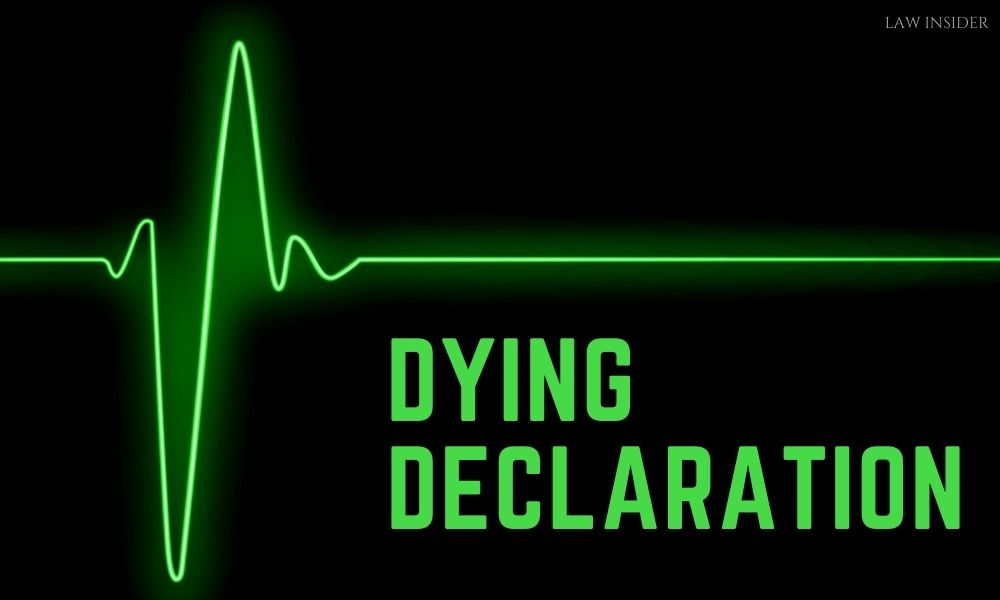LI Network
Published on: 25 August 2023 at 11:50 IST
The Supreme Court, while exonerating a death row inmate, has reiterated the need for ‘great caution’ when relying on dying declarations as evidence.
The law presumes truthfulness in such statements, the Court emphasized that it’s crucial to exercise vigilance while assessing their credibility.
In a case presided over by Justices BR Gavai, PS Narasimha, and Prashant Kumar Mishra, the Court issued this verdict after hearing the appeal of the convict against the Allahabad High Court’s confirmation of his death sentence.
The appellant, Irfan, had been sentenced to death by an Uttar Pradesh sessions court in 2017 for allegedly burning his two brothers and his son alive over a family dispute.
The case revolved around the prosecution’s reliance on two dying declarations made by the victims before their death.
The sessions court convicted Irfan based on these declarations, and the Allahabad High Court upheld the verdict, finding no inconsistencies in the statements.
However, the Supreme Court, while acquitting Irfan, stressed the significance of critically evaluating dying declarations due to their inherent fragility.
The Court noted that dying declarations are considered trustworthy as they stem from an individual facing imminent death, free from worldly concerns. Yet, the Court emphasized that these statements shouldn’t be accepted without scrutiny.
The Court laid out an illustrative list of factors to consider when evaluating the weight of a dying declaration:
1. Was the declarant anticipating death?
2. Was the declaration made promptly?
3. Was there any reasonable suspicion of the declaration being coerced?
4. Was the declaration influenced by police or other parties?
5. Was the statement recorded properly?
6. Did the declarant have a clear view of the incident?
7. Was the declaration consistent throughout?
8. Could the declaration be a product of imagination?
9. Was the declaration voluntary?
10. If multiple declarations exist, is the first consistent with the others?
11. Could the deceased have made a declaration considering their injuries?
In conclusion, the Supreme Court declared that the conviction couldn’t stand solely on the two dying declarations in this case due to discrepancies between them and other evidence.
The Court highlighted that even when an accused is named in a dying declaration, it’s insufficient to establish their guilt beyond reasonable doubt.

